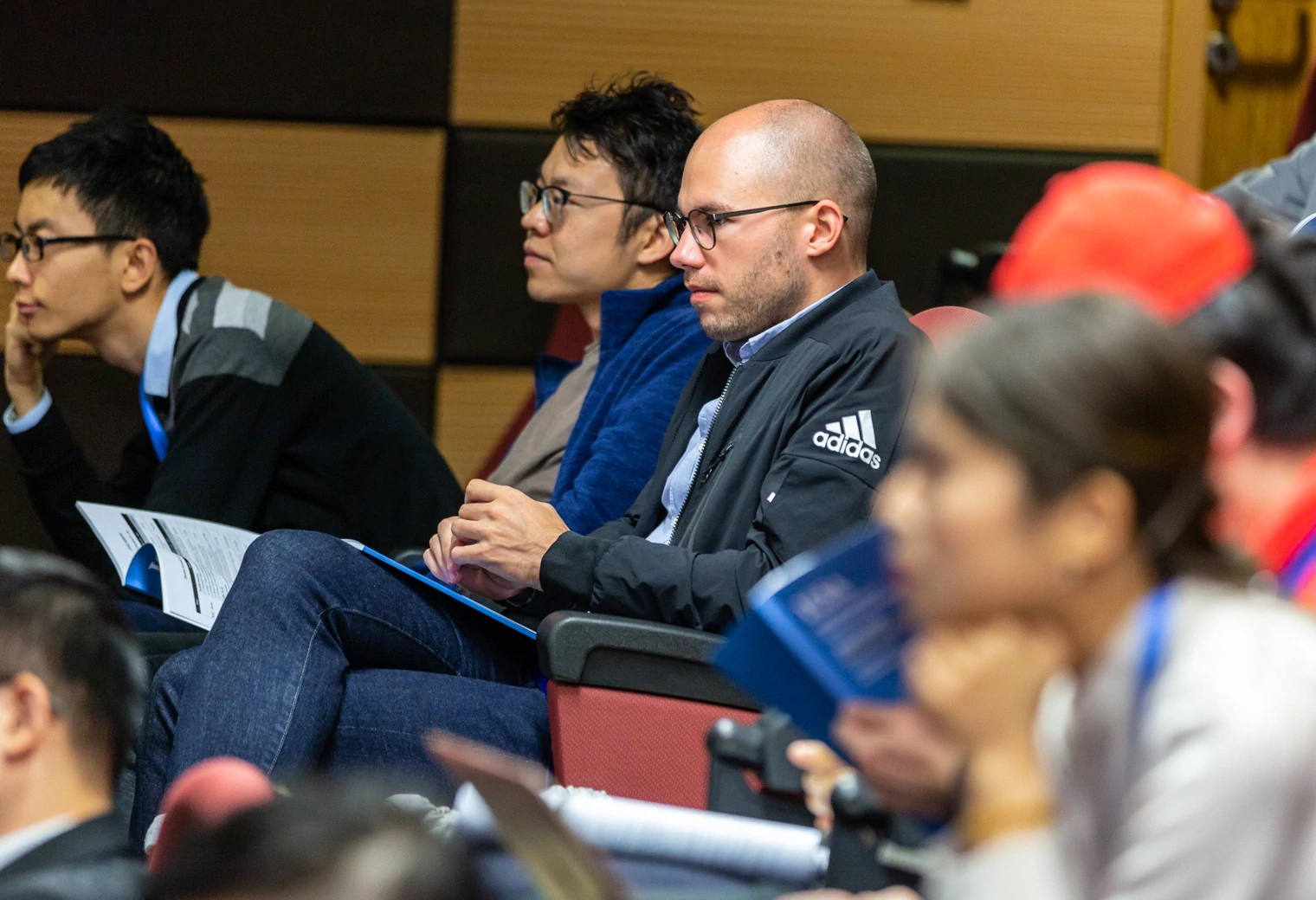Why teach task-based lessons from time to time? Do you feel that sometimes you get into the habit of sticking to the routine and the same class flow at every lesson? Do you feel that your students get bored? You are right; too much routine is predictable to the point of boredom. Aren’t you satisfied with what you are doing? Then it is time to try task-based teaching.
Have you ever asked your students what lessons they like most of all? My experience shows that they like those lessons where they have enough opportunities to express themselves in the language.
We as language teachers are usually concerned about increasing our students’ motivation and pushing them to perform better and more confident.
Task-based learning and teaching (TBLT) – An Overview
Task-based learning and teaching (TBLT) is considered one of those effective methods used by the teachers that lead to serious improvements in language performance.
Task-based learning and teaching (TBLT) change the focus from the grammar drilling lessons to more communicative ones where the students actively communicate and interact in groups or pairs to reach the final goal to be assessed by the teacher or their peers.
You usually do not determine what language will be used or studied to prepare the students to complete the task; the lesson focuses on the completion of the task and the final outcome. The language to be studied will be determined as the students proceed with the task.
Advantages of task-based lessons
- Students do not have language control; they are free to communicate and interact to reach the goal determined by the task. Learners explore the language they need to be able to fulfill the task.
- Students’ experience develops natural, personalized and relevant context.
- This is a very communicative method language teaching.
The structure of the task-based lesson
The task-based lesson follows the following structure:
Stage 1: Pre-task: You will need to introduce the task with clear instructions on what your students need to do. You may need to elicit some strategy and language that might be useful for them to complete the task.
Stage 2: Task: Students complete the task either in groups or pairs having you monitoring and supporting them.
Stage 3: Post-task: You should summarize what has been done, highlight the strengths and areas to work more on. This can be also a diagnostic lesson for you to be able to plan what you will need to teach in the future.
Students will present their results; it can be a presentation, a poster, a skit, a dialogue, etc. Make sure the students have enough time, and they understand the assessment criteria that will be used to assess their work.
You can also think of peer assessment and ask other students to provide feedback to their peers.
Some task based activities can be:
- Making a poster about their country
- Writing a report about an event
- Performing a skit or a dialogue
- Planning a promotion campaign of a product (for business students)
- Planning an interview with a famous person
- Giving feedback after the task has been completed
While preparing students for task-based lessons, it is crucial:
- To make sure that the task has the appropriate difficulty level
- To set clear goals for the lesson
- To make sure that students have an active role in the lesson
- To motivate students to take risks
- To make sure that the students focus on the meaning while performing the task
- To motivate students to evaluate their results
Your planning can take the following options:
- Zero planning: The students can be given the task just during the lesson as the lesson logic can require it.
- Planning on language focus: the grammar content and form is practiced before the students start doing the task. You will target the accuracy of the language that the students will be using.
- Planning on content focus: You will focus on the fluency and the content that the students will develop while performing the task.
Questions you should ask yourself while preparing the lessons:
- How is the task motivating for learners?
- What kind of learners are my students and how will the task work for them?
- What language skills will be practiced during the lessons?
- What kind of preparation do I need?
- How will I support my students?
Also Read: 10 Best ESL Games and Activities Your Students Will Love
Practice
Preparation stage: You can elicit the grammar and the vocabulary the students may need to complete the task. You may even decide to write some tips and hints on the board for the students to refer to when needed. Make sure you do not teach new material for task-based tasks, as your learners will need time to practice it and feel comfortable using it for the task. However, some words or phrases are quite reasonable to give if you think they might need them. But, you should have the vocabulary written on the board to eliminate the questions about them. You may even ask your students to bring dictionaries if you think it is challenging to predict what vocabulary they might use.
Task completion stage: Do not forget that you are in the role of an observer or a mentor, do not interfere every time you notice any language mistake. When your students are working in pairs or groups, you may walk around and note down some mistakes they make. However, if you think it is crucial for the quality of the task, interfere and give them the right direction or proper comment on what they are doing.
Post task or feedback stage: The mistakes and the issues you identify during the lesson may be used for future home tasks to ensure that the students will review them once more. However, you can plan a very effective lesson based on the material you think needs to be reviewed or practiced more.
At the end of the lesson you should provide feedback which should be:
- Encouraging and motivating for the learners to be proud of their progress or result
- Educational and informative for them to understand their mistakes
- Sensitive not to hurt or damage the learners’ confidence.
Good luck in your new journey with new experiences and adventures.
This article was originally published in Jan-2019 and was last updated in Nov-2020.
Author: Lusine Stepanyan




